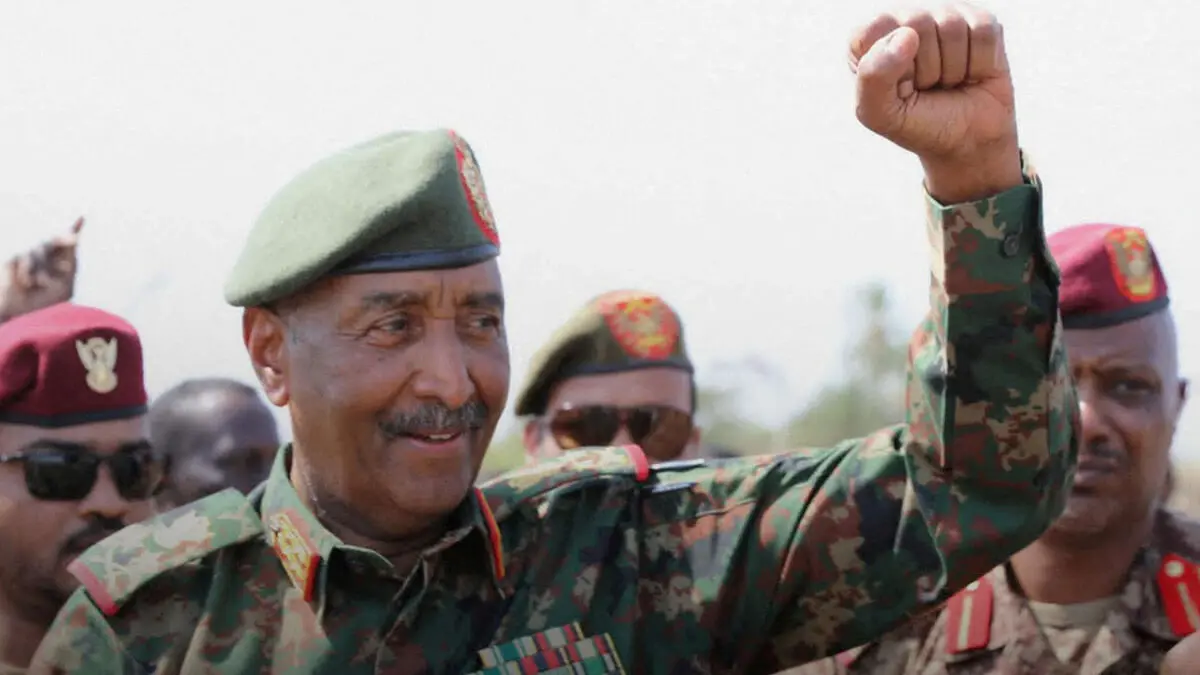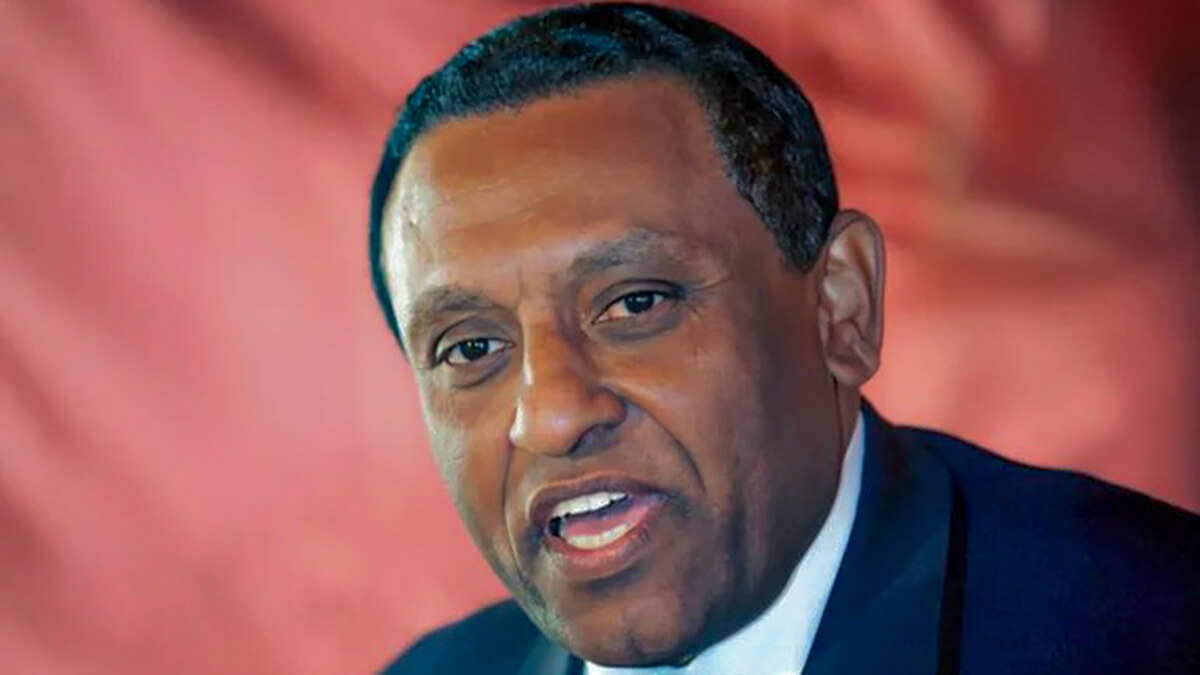Finance and mining: Will the technocratic government end the Juba Agreement in Sudan?

Kamel Idris promised to form a ‘technocratic and non-partisan government’ whose members will not belong to political parties, thus representing the voice of ‘the silent majority’.
He recently stated that he will form a government with 22 independent ministers with no political affiliation, with the aim of addressing Sudan's chronic problems, asserting that the country needs ‘statesmen capable of achieving development, stability and placing Sudan among the advanced countries’.
He also pointed out that the new government's slogan is ‘Hope’, with the message of ‘guaranteeing security, well-being and a dignified life for every Sudanese citizen’, and that its vision is ‘to raise Sudan to the rank of developed nations’.
However, most observers consider these statements to be pure rhetoric, part of a strategy by the army to install a civilian government as a front to cover up the military power that has controlled the country since the October 2021 coup.

Escalating conflict
Kamel Idris' intention to form a non-partisan government and review the representation of the armed movements that signed the Juba Agreement (2020) has sparked a crisis between forces allied to the army and the military leadership itself.
The Juba Agreement establishes that the signatories to the peace process are entitled to: three members of the Sovereign Council; five ministries (equivalent to 25% of the cabinet); and 75 seats in the Transitional Legislative Council (25% of the total).
Under this agreement, then-Prime Minister Abdallah Hamdok appointed: Jibril Ibrahim, leader of the Justice and Equality Movement, as Minister of Finance; Mini Arko Minawi, leader of the Sudan Liberation Movement, as Governor of Darfur; and two additional ministries for representatives of the movements.
According to leaks, the biggest disagreements centre on the ministries of finance and mining. Kamel Idris' intentions have caused great unease among the movements: Justice and Equality (led by Jibril Ibrahim) and Sudan Liberation (led by Minawi).
At the last meeting, the position of these movements in the new cabinet was discussed, which generated strong tensions, especially after Minawi's withdrawal from the meeting, when the appointments of Mohamed Al-Jakoumi, advisor to the Original Democratic Union Party, and Abu Aqla Kikil, commander of the ‘Shield of Sudan’ militia, were confirmed.
The joint forces expressed their rejection of the formation of the new government without their consultation and reaffirmed their right to retain the ministries they already control.
On the other hand, some major movements showed flexibility towards Idris' proposal, suggesting a reconfiguration of alliances within the signatories to the peace process.
Mohamed Sayed Ahmed Al-Jakoumi, leader of the northern route, assured that the Juba Agreement does not specify specific ministries for any group, but only a percentage (25%), rejecting the idea of an advance distribution of portfolios.

Threats of war
The political secretary of the Justice and Equality Movement, Moatasem Ahmed Saleh, denounced a coordinated campaign against the Juba Agreement, stating that: ‘Accusing it of being an ethnic division ignores that it is the result of a long struggle for justice and equality.’
Through the X network, he criticised the characterisation of the demand to retain their ministries as ‘political blackmail’, calling it a malicious interpretation that seeks to weaken peripheral actors and reinstate centralist rule. He said that this amounts to nullifying the peace agreement and issuing a threat of war.
He asserted that this stance does not build a state, but rather reproduces the crisis and destroys what little stability remains. He added that the movements signed the agreement to be partners in building the country, not mere guests.
Verbal escalation and political fracture
Minawi accused certain parties of leaking meeting minutes and manipulating the media to ‘assassinate reputations.’ He wrote in X: ‘Such cowardly behaviour should not be the conduct of rulers. Those who burn their boats believing they have crossed over are deceiving themselves and mocking the people.’
According to Sudan Tribune, Minawi held meetings with General Burhan to discuss the future of the political partnership and stated that ‘power sharing makes no sense without defining the nature of the alliance.’
It was also reported that several political forces allied with the army lodged a formal complaint with Prime Minister Kamel Idris on 22 June, complaining that they had not been consulted before the announcement of the new government.
Key parties within the Democratic Coalition accused Idris of excluding them, recalling that they were the main political backers of the army after the 2021 coup, and demanded that the new government focus on basic services and inclusive national dialogue, and that no political bloc be favoured over another.

Roots of the split
These divisions reflect an attempt by the army to rid itself of the burden of sharing power with armed groups. One of the most critical sectors was the Islamist bloc, which considered Idris' appointment a ‘stab in the back.’
Islamist leader Naji Abdullah expressed his rejection in a viral video, stating that the appointment has no positive symbolic value; Idris belongs to the Forces of Freedom and Change (FFC) camp, linked to Abdallah Hamdok.
He considers him ‘equal to or worse than’ his predecessor. He questioned his possession of a US passport and his residence in Switzerland, which distances him from the realities of the Sudanese people. He asked why a competent Sudanese from within the country had not been chosen.
The Justice and Equality Movement, one of the regime's main armed allies, immediately rejected the appointment, calling it a manoeuvre to circumvent the agreement and asking: ‘What has Kamel Idris done for this country? He has no history of struggle and does not deserve to lead at this stage of bloodshed and sacrifice.’








